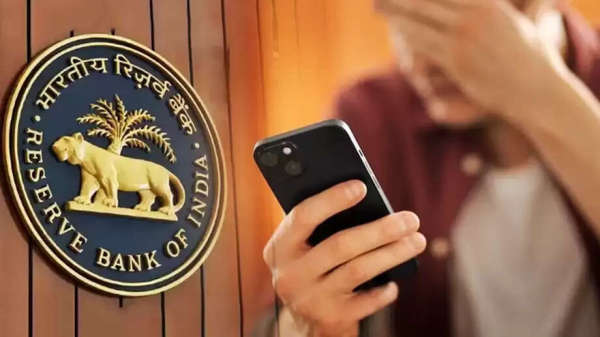
Nepal's Social Media Ban Triggers Youth Unrest
Nepal has been the center of attention recently, particularly among the youth, especially those from Generation Z. The government's recent prohibition on social media applications has ignited significant anger, leading to violent demonstrations across the nation. In response to the escalating unrest, the Nepal Army has assumed control of the situation.

Currently, the situation is stabilized, with a curfew imposed for the next 48 hours. The uproar has once again brought Generation Z into the spotlight, a demographic often discussed for various reasons. Their current headlines revolve around their strong attachment to social media. In reaction to the ban, this generation has not only engaged in acts of arson and vandalism but has also led to the downfall of the Nepalese government. This raises the question: why is Generation Z so deeply connected to social media? To explore this, we consulted senior psychologist Monica Sharma for insights.
Understanding Generation Z's Social Media Addiction
Why is Generation Z Drawn to Social Media?
Generation Z often struggles with forming genuine connections, which are essential for social survival. Consequently, they turn to social media for a sense of belonging. The likes, shares, and comments they receive on their posts trigger dopamine release, fostering an addictive cycle.
Additionally, this generation frequently experiences negativity and dissatisfaction stemming from peer pressure, constant comparisons, fear of missing out (FOMO), academic stress, and career anxieties. In such circumstances, social media serves as an escape from reality, providing a means to unwind.
Negative Impacts of Social Media on Generation Z
The influence of social media on Generation Z is multifaceted, with many adverse effects. These include feelings of loneliness, depression, anxiety, dissatisfaction, disrupted sleep and diet, social isolation, social anxiety, body image issues, and experiences of cyberbullying.
Impact on Mental Health
Regularly comparing oneself to others can lead to diminished self-esteem, self-loathing, self-doubt, and feelings of inferiority. This can escalate into anxiety regarding personal and socio-economic status, depression, aggression, self-harming tendencies, and even suicidal ideation.
Advice for Parents
Parents are encouraged to engage in regular conversations with their children about their lives and online interactions. This dialogue can provide insights into their social media habits and online friendships. Furthermore, it's essential to establish limits on internet usage, create screen-free times, and educate them about the risks associated with social media, including cyber safety and legal implications.
Recommended Social Media Usage Time
A daily limit of 40-45 minutes on social media is advisable. Those who find themselves spending excessive hours online should aim to gradually reduce their usage.
-
Suryakumar Yadav Was Wrong in Withdrawing Appeal vs UAE Batter? Ajinkya Rahane Lambastes India Captain's Critics

-
If you make your friends buy things using your credit card, you will receive an IT notice, this is the way to avoid it..

-
RBI: If you do not repay the loan of the phone taken on EMI, it will be locked, RBI is bringing a new rule..

-
Digital Frauds: Digital frauds are the biggest problem of the country, this is how you can avoid fraudsters..

-
Career Growth: Networking is not just about making contacts, right people and strategies can help you achieve career success..
